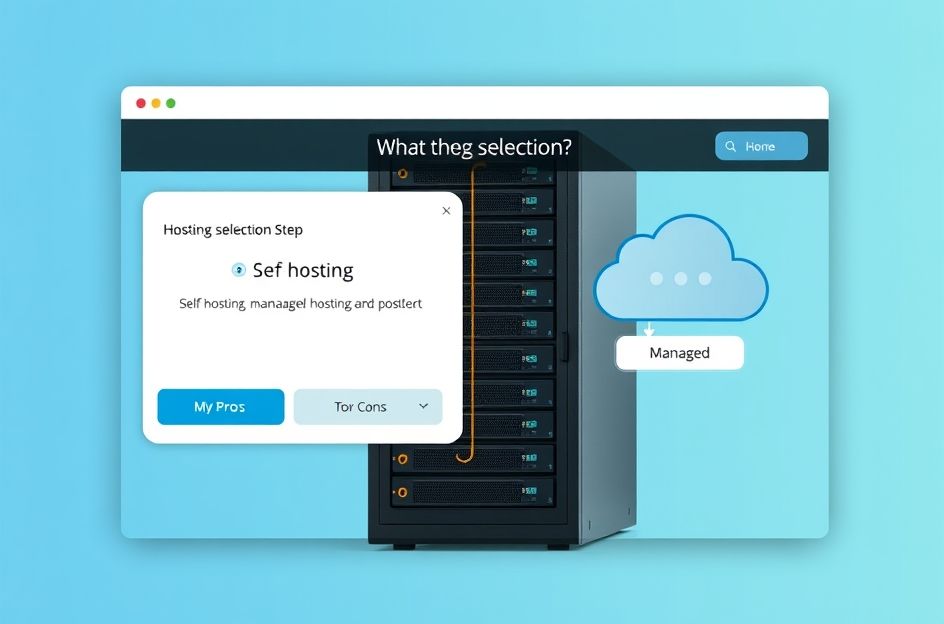Choosing the right hosting for your blog is a crucial decision, whether you’re just starting or have years of experience. The fundamental question is: should you host your blog yourself, or opt for a paid hosting service? New bloggers often lean towards self-hosting or free blogging platforms. However, with experience, the advantages of paid hosting become clearer. So, which option is truly better?
To understand this, let’s break down how a blog works. Similar to creating a website, you need two core elements: software (or a script) to format and publish your content, and web space to host the blog’s files. Now, let’s examine the various blog hosting approaches:
**1. Fully Hosted Blog Platforms:**
These platforms provide both the blogging software and the web hosting. Examples include Blogger, Squarespace, and Typepad. Think of it as using a website builder – everything is integrated and managed for you.
**2. Hosted Blog Software with External Publishing:**
In this setup, you use hosted blogging software but publish your content to a separate website or web host. Blogger offers this option, allowing you to use their software while maintaining control over your hosting, similar to using a program like FrontPage to publish to your own server.
**3. Self-Hosted Blog Software:**
This involves installing blog software (like WordPress) on your own web hosting account. This gives you complete control over both the software and the blog’s files. It’s akin to buying web hosting and then installing a content management system (CMS) to build your website.
**Which Option is Right for You?**
* **New Bloggers:** If you’re new to web development, fully hosted platforms are often the easiest choice. They handle the technical aspects, allowing you to focus on content creation. If you can point and click, you can build a blog with a fully hosted provider.
* **Experienced Bloggers:** Even seasoned web developers can benefit from fully hosted platforms, especially if you manage multiple blogs. These platforms handle software updates, security patches, and plugin compatibility, freeing you from maintenance tasks and allowing you to concentrate on creating content. Blogging becomes the priority, not the upkeep.
* **Hybrid Approach:** Using hosted software and publishing to your own website offers a middle ground. However, you’re still reliant on the host’s system for publishing, which can sometimes be slow or unreliable.
* **Self-Hosting with Scripts:** This option provides the most flexibility, allowing you to customize your blog extensively. You can modify the code, create custom plugins, and tailor the entire blogging system to your exact needs. However, it requires HTML and web development knowledge, and you’re responsible for all updates, troubleshooting, and maintenance. This is manageable with one or two blogs, but can become challenging as your blog network grows.
Ultimately, the best choice depends on your technical skills, desired level of control, and the number of blogs you manage. Consider your website publishing experience: your preferred method for creating websites is likely the best approach for your blog as well.
